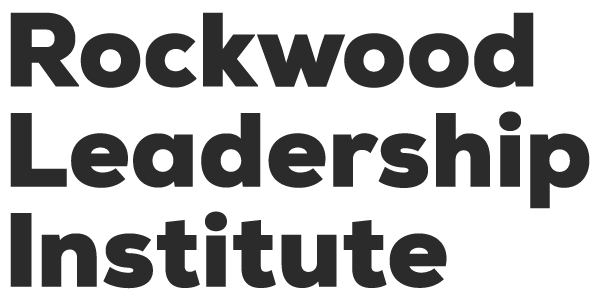
“But I would like to advance the radical notion that providing care is work. By work, I mean it’s just that: work. I would like to state for the record that we are building and maintaining movements when we are texting to make sure someone is ok, talk on the phone for hours, talk shit on the couch, drop off a little care. Those things are not a sideline or an afterthought to our movements. They are our movements.” ~ Leah Lakshmi Piepzna-Samarasinha, “A Modest Proposal For A Fair Trade Emotional Labor Economy: A Proposal About Care Labor For Everyone”
Seven years ago, at the Art of Leadership for Women in Racial Justice & Human Rights, I stood in front of a room of leaders from all over the United States and delivered my Vision Stand speech.
The speech went okay, and my cohort was supportive, but I didn’t feel like I’d “nailed it.”
The truth was that I did not yet know what my vision was. However, later that day, I found out.
Our next assignment was to organize a party to celebrate the training’s end. We designed a talent show, selected songs, and made up games. I enthusiastically took on the role of strategic planner and space creator.
At the party, Rockwood’s president Akaya Windwood took me aside and said, “When you were giving your speech, it was as though you were somewhere else. But now, I see you. Here you are, and what a gift you are!”
Creating healing space and facilitating sacred connection is one of my greatest gifts. Until my Rockwood training, however, this superpower was largely invisible to me. Why?
The truth is, systems of oppression value a certain kind of leadership, and too often we reinforce this value in our movements for change.
Many of us do not fit into the role of community organizer, charismatic leader at the rally, or activist linking arms in front of the capital. In fact, that type of work can be inaccessible, particularly to those of us who have experienced trauma, have families, or have disabilities.
But valuing certain kinds of leadership over others doesn’t just affect who shows up for protests:
- Racism and white supremacy devalue and silence the leadership, experience, and history of people of color. In our movements, this manifests as a leadership gap, a lack of anti-racism training for white leaders, and the over-reliance on people of color to bring attention to issues of racism.
- Capitalism encourages disconnecting our work lives from our personal lives. This looks like a staff retreat with zero time to rest and relax, or a shared organizational value that self-care should happen outside of the workday.
- Patriarchy contributes to the invisibilization of historically unpaid “women’s work,” like emotional labor, time/attention spent on group dynamics or process, and domestic/physical needs (like food and childcare). This shows up as a group never taking time out to celebrate birthdays or acknowledge grief, or a work environment that makes it dangerous or uncomfortable to show weakness or emotion.
Our leadership and our movements need love, song, connection, poetry, dance parties, spiritual sustenance, accountable partnerships, healing, and so much more. When we ignore the value of this type of leadership within our movements, we remain inflexible, limited in our imaginations, and unable to move through the real divides that a world of oppression boxes us into.
There are many examples of leadership that values these things alongside direct action. Fannie Lou Hamer sang to weary civil rights workers. Septima Clark and Bernice Robinson organized citizenship schools in the south. In my own town of Louisville, KY, Elmer’s social justice ministry holds spiritual care space for immigrant families who are being targeted by ICE. Tufara Waller Muhammad, one of my mentors, influences thousands of organizers to center spirit, culture, and art in how we show up for collective liberation.
These women and men, and the many others doing similar work, are the connective tissue of our movements for change.
Let’s expand the definition of how we show up for liberation and the idea of what kind of leadership is needed. Let’s bring our full selves to our words, exchanges, relationships, and work, inside and out.
More Resources:
- “This Little Light of Mine: The Legacy of Fannie Lou Hamer,” a film by Robin Hamilton
- “The Radical Work Of Healing: Fania And Angela Davis On A New Kind Of Civil Rights Activism,” Yes! Magazine
- “Planning The Revolution Over Collards: Tufara Waller Muhammad And Javiera Benavente Talk About Arts And Culture In Southern Organizing And The Danger Of Putting The Spotlight On Individuals” (see page 129)
- “The Role of Love in White Antiracism,” by Jardana Peacock
Do you center care, provide healing space, center spirit, art, and/or love in your work for change? Join us at Liberation School, a nine-month holistic healing school for changemakers who believe care and love are central for how we must lead. Applications are due by July 1, so apply now.
Jardana Peacock directs Liberation School. She is a spiritual teacher and writer. She has worked with thousands of changemakers globally to address trauma individually and collectively through healing from an anti-oppression lens. Stay connected: http://www.jardanapeacock.com

